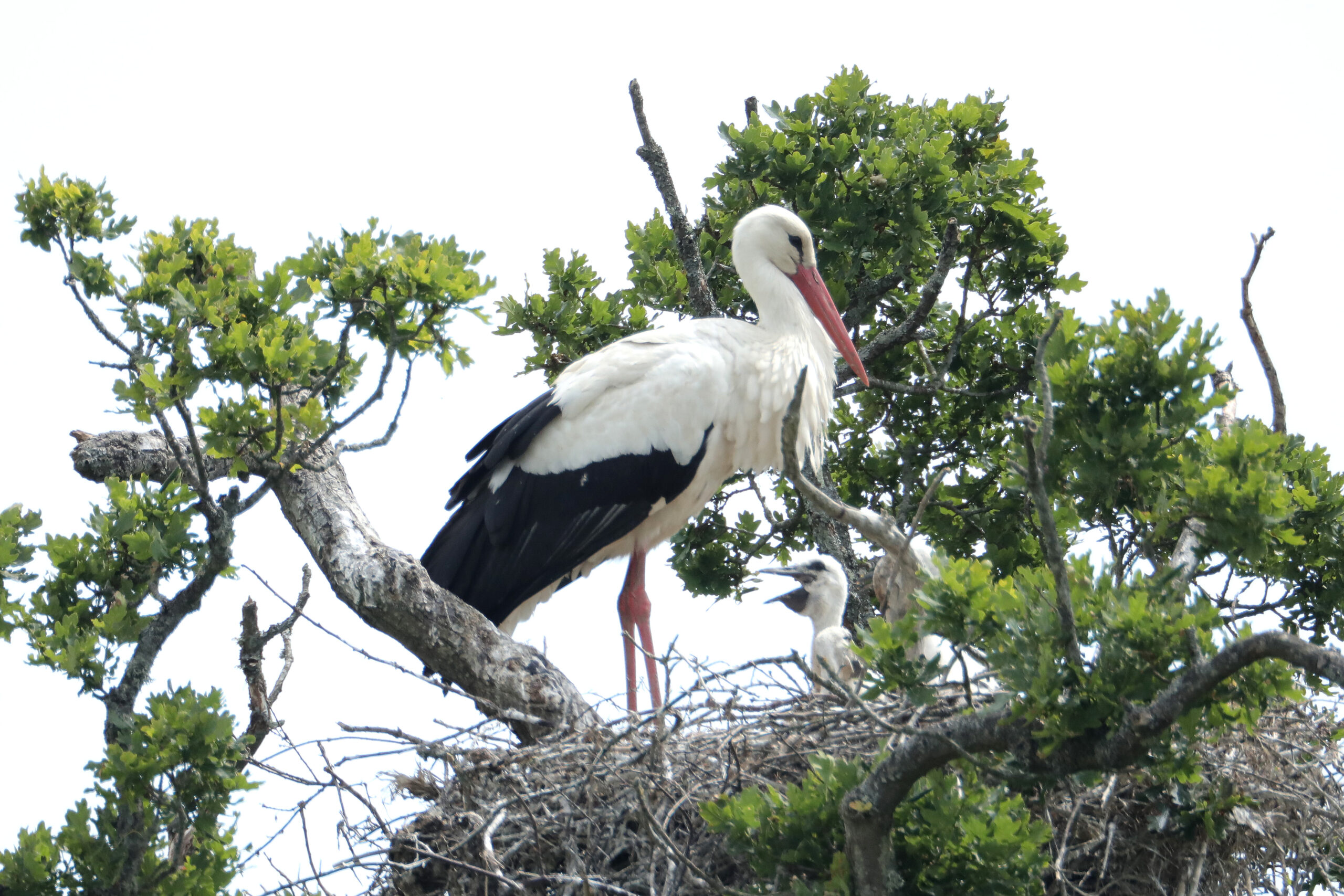
REDEFINING BABY SHOWERS IN THE AGE OF EMIGRATION
The image of a stork carrying a newborn in a bundle is one of the most recognisable symbols associated with childbirth and parenthood. This popular icon, with its deeply rooted symbolism of birth and care, has transcended cultural boundaries to become a central theme in baby showers around the world.
Throughout history childbirth involved midwives and close female family and friends who would gather at the home of the mother-to-be, offering support before and during labour.
These gatherings, which have today given rise to “baby showers”, went beyond mere celebrations; today, they also hold a deeper significance, celebrating life, reaffirming familial ties, providing emotional support and offering an opportunity to “shower” the expectant mother – and both parents – with tips, support and essential items for the baby’s arrival.
In an era where emigration often separates families, in-person celebrations such as baby showers are being replaced by parties organised in virtual spaces.
Emigration adds complexity to new life
After emigration, life’s major milestones such as birthdays, graduations, baptism ceremonies, engagement parties, weddings and funerals take on a new dimension.
These events, usually celebrated with unique, personal and sometimes intimate rituals, can develop a melancholic undertone, bringing up homesickness especially if those who emigrated and their loved ones are not physically together to celebrate.
At the heart of every emigration is a multitude of conflicting emotions – excitement and joy, longing and sadness, nostalgia and pride.
One mother learning about her immigrant daughter’s pregnancy, while being an ocean away from each other, once told me:
“As I watched the screen light up with the smiles of my daughter and her husband, time zones from here, I felt a mixture of joy and longing.
“The virtual stork tea for my first grandchild was not at all what I envisaged, it was bittersweet. We had our teacups ready, along with ‘koeksisters’ and ‘melktert’.
“The silence of physical absence echoed loudly. Each gift being unwrapped and each piece of advice shared was a reminder of the vast distance between us. I longed to touch each Babygro, to share whispers and laughter without delay, to smell the baby powder. I can’t help but wish to be with her.”
Pregnancy is a transformative period that can sometimes deepen the bond between an expectant mother and her own mother or parents.
Traditionally, this time is marked by an increased closeness, sharing of wisdom and emotional support. Parents pass down their experiences and offer guidance, while children seek comfort and reassurance. However, with emigration, this natural evolution, especially in a mother-daughter relationship, can be challenged.
Physical separation creates a barrier to the intimacy that usually flourishes during pregnancy. Simple moments, like feeling the baby kick or discussing nursery plans, are experienced through phone calls and video chats instead of face-to-face interactions. This can lead to feelings of isolation and longing on both sides.
Virtual connections through video calls, messaging apps and social media can help bridge the gap, allowing the mother to take part in the pregnancy journey.
Digital sharing, such as sending ultrasound images, celebrating pregnancy milestones, and providing daily updates, can help maintain a sense of connection.
In the context of emigration, virtual rituals play a pivotal role in dealing with the unknown.
These virtual gatherings are more than technological conveniences; they are lifelines. Familiar metaphors and symbols offer a universal language where words sometimes fail, providing comfort and continuity.
Virtual baby showers make the important moments count
We have an inherent need to share life’s significant moments – like the birth of a child – with those who matter most to us.
In a world where emigration often means missing out on significant life events, the importance of rituals to maintain connection and foster unity cannot be overstated. Though the physical presence is painfully missing, this unique way of celebrating new life affirms the resilience and adaptability of transnational families.
The stork, with its migratory nature, embodies the spirit of these rituals, symbolising the journey, adaptation to change no matter the distance, preserving the essence of our traditions while adapting to the demands of our modern world.
Virtual gatherings not only bridge the physical distance but also strengthen emotional ties, reminding us of who we are, where we come from and that we are part of something greater than ourselves. DM
Sulette Ferreira (PhD), is a social science researcher and ambiguous loss therapist in private practice in South Africa. She hosts a Facebook group, Worlds Apart Living In One Heart, for parents whose children have emigrated.
2024-07-02T10:57:52Z dg43tfdfdgfd